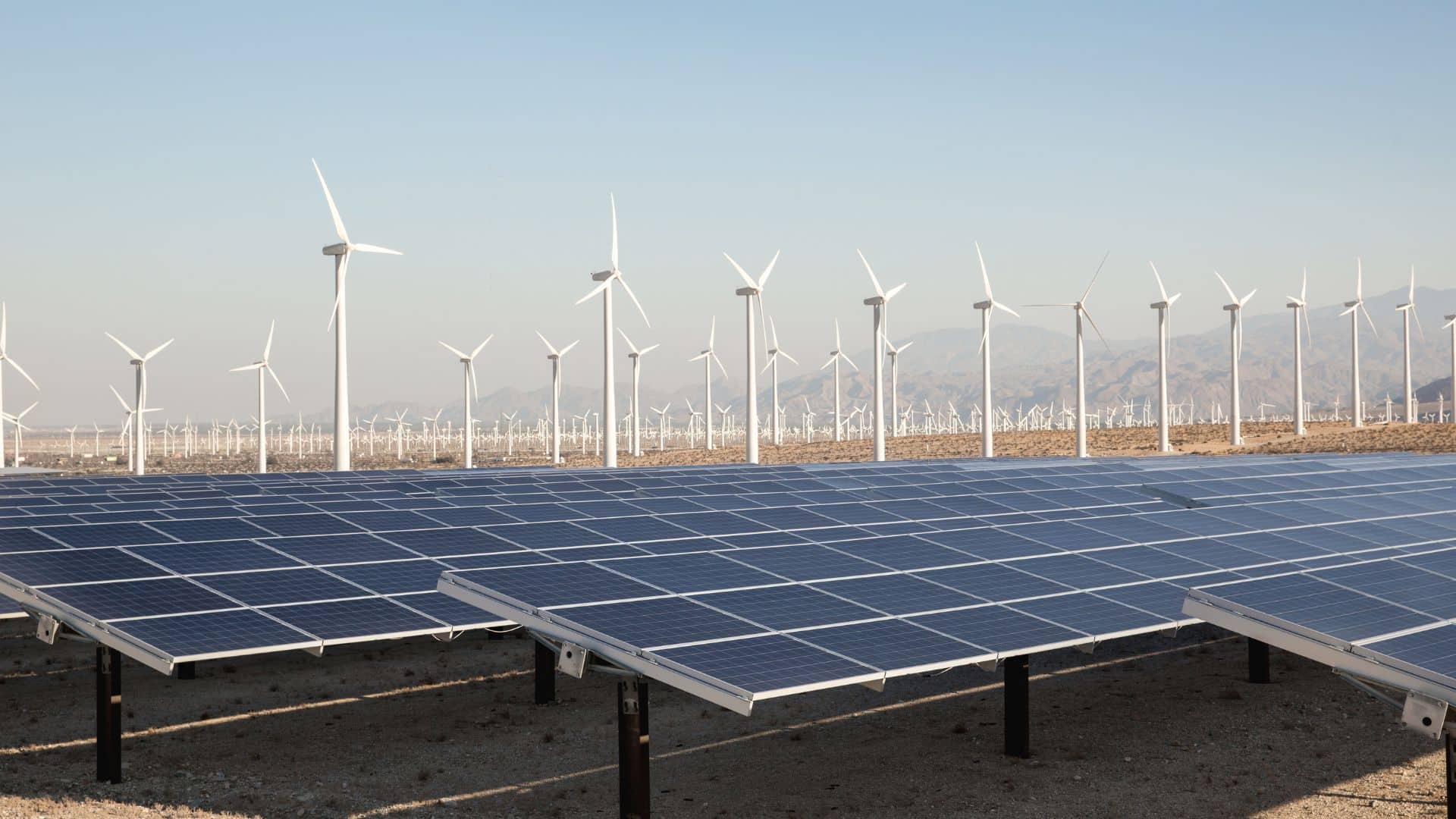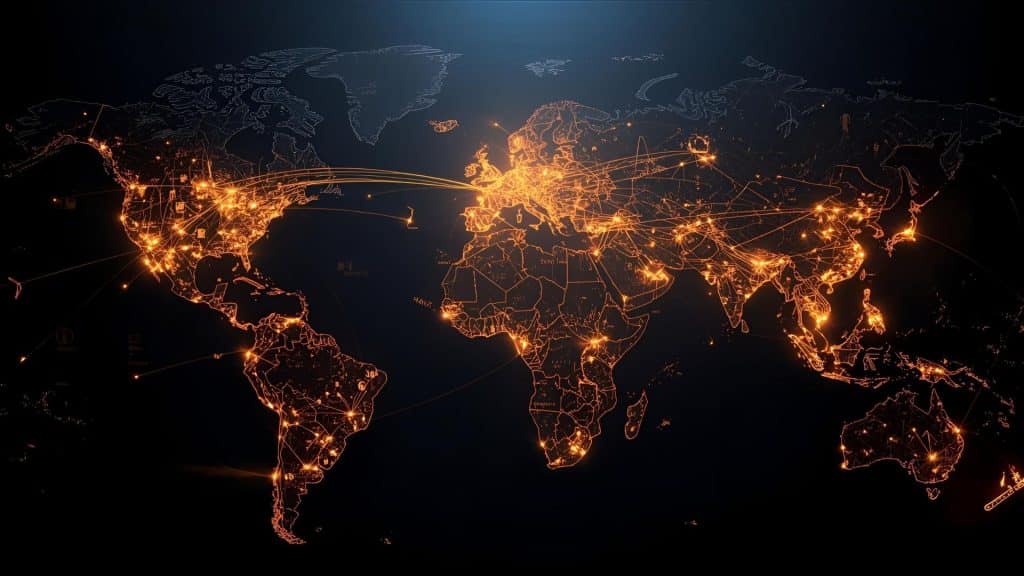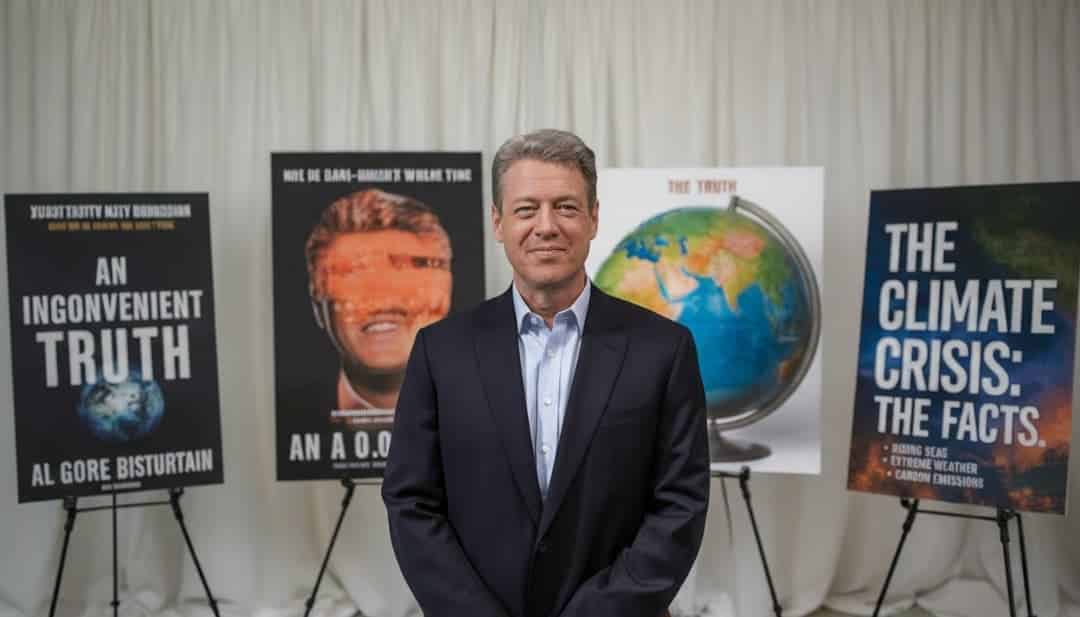Have you ever wondered why nations fight over oil fields while forming alliances around gas pipelines?
Energy influences global politics more than most people realize, shaping everything from military alliances to economic agreements.
Countries with abundant energy resources wield significant influence over those that are dependent on imports.
A single pipeline shutdown can cripple economies while renewable technology shifts create new power players on the world stage.
The relationship between energy and politics runs deeper than simple supply and demand economics.
Geography sets the foundation for energy access, yet innovation steadily overturns long-standing hierarchies.
In this blog, you’ll learn how geopolitical energy strategy shapes international relations, why energy security matters for nations, and how the clean energy transition creates global winners and losers.
What Is Energy Geopolitics?
Energy geopolitics examines how countries utilize oil, gas, coal, and renewable resources to acquire political power and influence over other nations worldwide.
This field examines how energy trade creates dependencies between nations while resource-rich countries leverage their supplies to shape international relations and policies.
- Resource ownership patterns that determine which countries control vital energy supplies.
- Pipeline routes and shipping lanes that connect producers with consumer markets.
- Energy pricing strategies are used by suppliers to influence global economic conditions.
- Strategic stockpile management during times of crisis or supply disruption.
Energy geopolitics affects military alliances, economic partnerships, and climate policies as nations balance their power needs with political goals and security concerns.
Energy Resources and Their Global Impact

Different energy sources create unique political dynamics and influence international relationships in distinct ways across global markets and diplomatic negotiations.
Each resource type brings specific advantages and challenges that shape how nations interact while determining regional power balances worldwide.
| Energy Resource | Global Political Impact |
|---|---|
| Oil and Gas | Creates producer-consumer dependencies and pipeline politics |
| Coal | Declining influence due to environmental concerns and alternatives |
| Nuclear Power | Involves technology sharing and non-proliferation agreements |
| Renewable Energy | Redistributes power to countries with wind and solar potential |
Resource distribution patterns determine which regions hold strategic advantages while technological advances continue to reshape traditional energy power structures globally.
Why Energy Security Matters Worldwide?
Energy security ensures nations can meet their power needs reliably without facing supply disruptions or price manipulation from hostile countries.
Countries without energy security face significant risks, including economic collapse and political instability that can lead to widespread social unrest across the nation.
Key factors include:
- Cross-border energy agreements help nations balance reliance and maintain steady inflows.
- Strategic storage capacity for emergency situations and crisis management planning.
- Infrastructure protection against attacks and natural disasters that disrupt supplies.
- Price stability mechanisms to prevent economic shocks from sudden market changes.
- Advancements in technology for energy efficiency and alternative source development.
Energy security has a direct impact on national sovereignty, as countries with reliable energy supplies tend to maintain greater political independence and economic stability.
National Strategies for Energy Security

Countries develop comprehensive approaches to protect their energy interests and reduce risks from supply disruptions or political pressure.
Energy Diversification Approaches
Smart nations spread their energy sources across multiple suppliers and types. This strategy reduces dependence on any single country or resource type.
Diversification includes importing from various regions while developing domestic production capabilities. Countries also invest in different energy technologies to create backup options.
Strategic Reserve Management
Governments develop contingency programs to secure backup flows when markets fail. These reserves provide buffer time to find alternative sources.
Reserve policies strike a balance between storage costs and security benefits. Countries must decide how much fuel to store and when to release strategic supplies.
Infrastructure Development Plans
Governments invest in pipelines, power grids, and port facilities to improve energy security. Better infrastructure reduces vulnerability to supply disruptions.
Modern systems include smart grid technology and redundant pathways for energy delivery. Countries also protect critical infrastructure from cyber attacks and sabotage.
Can Energy Transition Shift Global Power?
The shift toward clean energy is reshaping global power dynamics as traditional oil producers lose influence while renewable-rich nations gain significance.
Countries leading in solar and wind exports now shape trade routes once dominated by fossil fuels.
Electric vehicle adoption reduces oil demand and weakens the wealth of petroleum exporters who have built their fortunes on fossil fuels over the past several decades.
Battery technology has become the new frontier, where nations compete for technological advantages and economic control over future energy markets and supply chains.
Energy transition creates winners and losers as old power structures face challenges, while countries must adapt their strategies to remain globally relevant.
The Role of Renewables in Geopolitics
Renewable energy sources are changing how countries interact and compete on the global stage while reducing traditional fossil fuel dependencies worldwide.
Key impacts include:
- Resource redistribution: Nations rich in sunlight or wind access can now redefine their roles within global power networks.
- Technology leadership: Nations leading renewable innovation create export opportunities and influence global international energy standards.
- Energy independence: Domestic renewable production reduces reliance on energy imports and foreign political pressure from hostile nations.
- Climate Diplomacy: Renewable Commitments Become Tools for International Cooperation and Environmental Leadership in Global Climate Negotiations.
- Economic modification: Clean energy industries create new jobs while traditional energy sectors face declining demand and market share.
Future Directions in Energy Strategy
So what does the future hold for global energy strategy as nations compete for technological leadership and market dominance worldwide?
Hydrogen technology is emerging as the next major battleground, with countries investing heavily in production, storage, and transportation infrastructure to gain a competitive advantage.
Machine learning and digital networks promise sharper efficiency, but they also expose critical systems to fresh vulnerabilities.
Space-based solar power represents the ultimate energy frontier, where early investments in technology could significantly impact future global power balances.
Wrapping It Up
In summary, energy geopolitics remains one of the most powerful forces shaping our interconnected world today.
Nations that master energy strategy gain significant advantages in diplomacy, economics, and global influence.
The shift toward renewables presents both opportunities and challenges as traditional power structures evolve rapidly.
Countries must strike a balance between meeting immediate energy needs and long-term strategic planning while adapting to technological advancements.
Smart energy policies necessitate diversification, innovation, and international cooperation, rather than relying on simple resource hoarding.
Success depends on building resilient systems that can withstand political pressures and market volatility.
What role do you think your country should play in the changing energy landscape? Share your thoughts below.





































